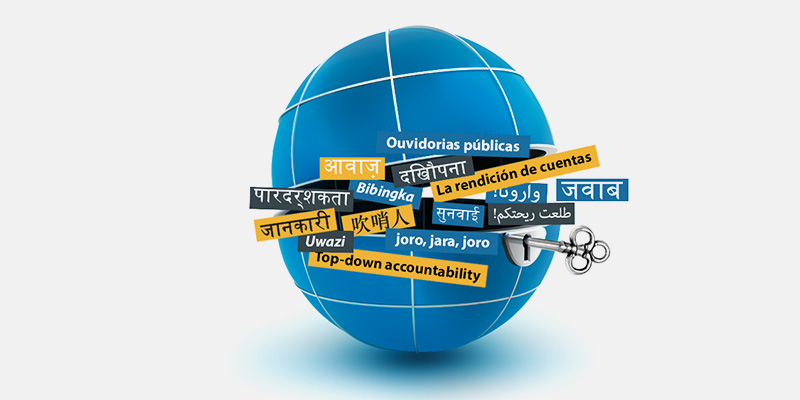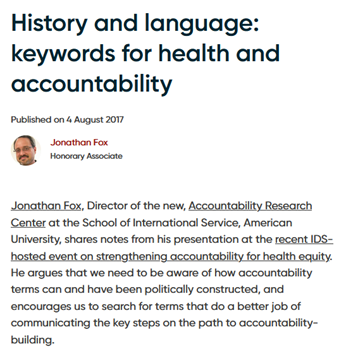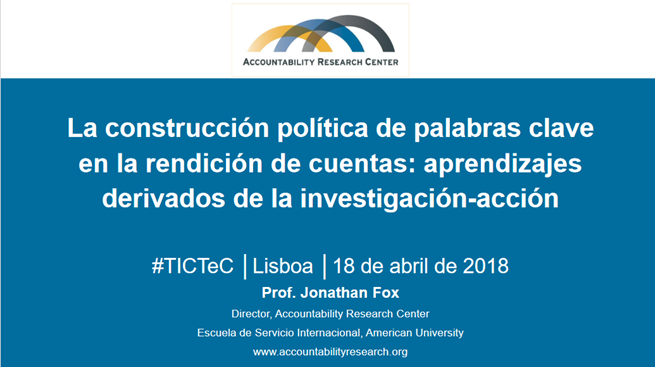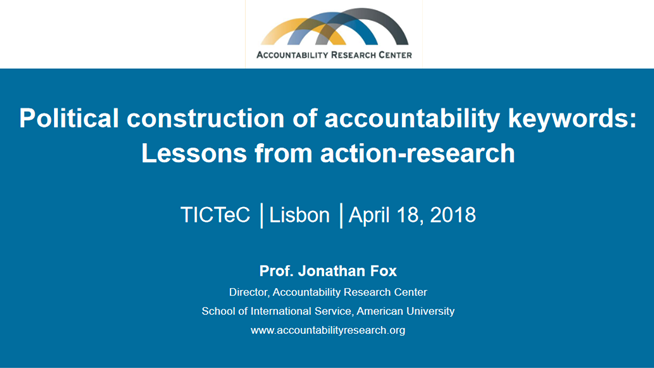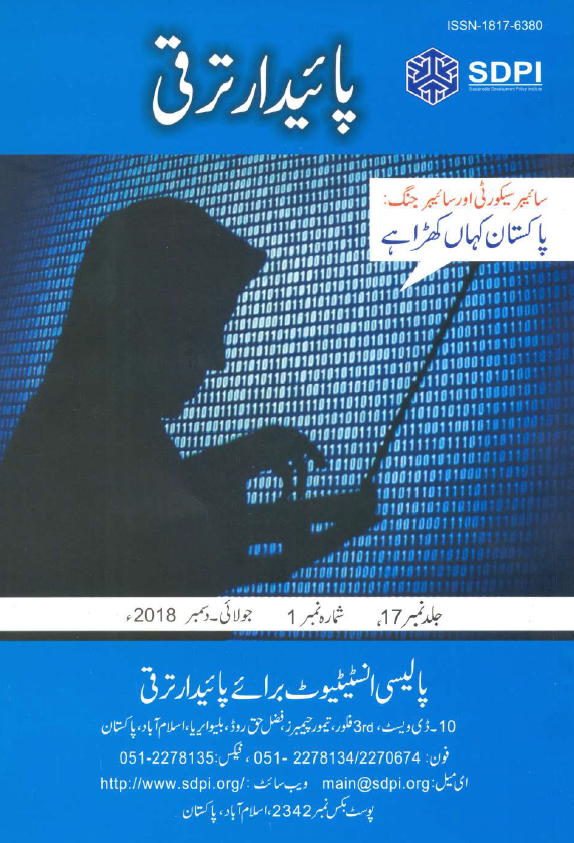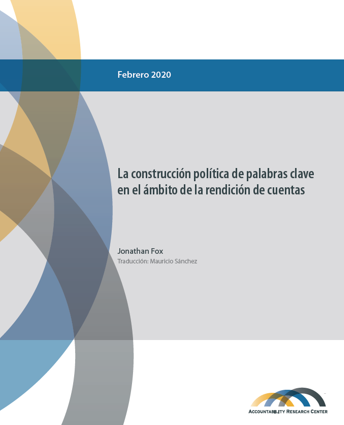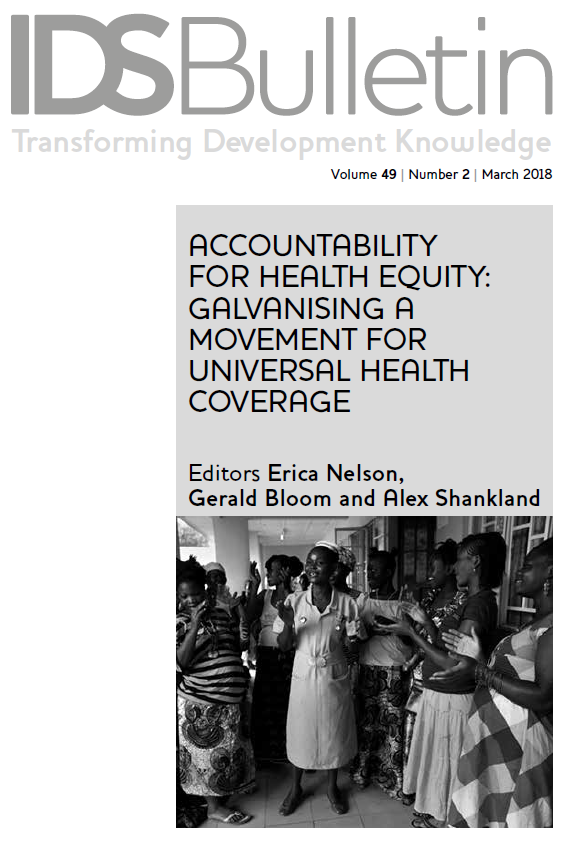
The Political Construction of Accountability Keywords
Date: March 2018
Authors: Jonathan Fox
Publication type: Scholarly Journal Article
Published by: Institute of Development Studies
Terminology in the accountability field is ambiguous, encompassing both top-down, technocratic control initiatives and bottom‑up efforts to challenge the abuse of power and promote equity. The main proposition is that communicating accountability strategies should rely on conceptual and cross-cultural translation rather than awkward attempts at direct literal translation. To illustrate how accountability keywords are both politically constructed and contested, this article briefly reflects on the origins, circulation, and transformation of six relevant terms: transparency, the right to know, whistle-blower, advocacy, openwashing, and social accountability – including reflections from accountability advocates from Pakistan, Guatemala, and the Philippines. The conclusion calls for a two-track approach to communicate public accountability strategies, which involves (1) searching within popular cultures to find existing terms or phrases that can be repurposed, and (2) inventing new discourses that communicate ideas about public accountability that resonate with culturally grounded common-sense understandings. This article formed the basis of a keynote presentation at mySociety’s The Impacts of Civic Technology Conference on 18 and 19 April 2018. Download the powerpoint presentation or watch the video.

Jonathan Fox Jonathan Fox is a professor in the School of International Service at American University. He studies the relationships between accountability, transparency and citizen participation. He directs the new AU Accountability Research Center, an action-research incubator. His most recent publications include articles in World Development and the IDS Bulletin, and reports published by Making All Voices Count, U4: Anti-Corruption Resource Center and the Transparency and Accountability Initiative. His books include Accountability Politics: Power and Voice in Rural Mexico (Oxford 2007) and Mexico’s Right-to-Know Reforms: Civil Society Perspectives (co-editor, Fundar/Wilson Center 2007). He was a founding member of the International Expert Panel of the Independent Reporting Mechanism of the Open Government Partnership and currently serves on the boards of directors of Fundar (Mexico) and the Bank Information Center (DC). For online publications, see http://jonathan-fox.org/.

